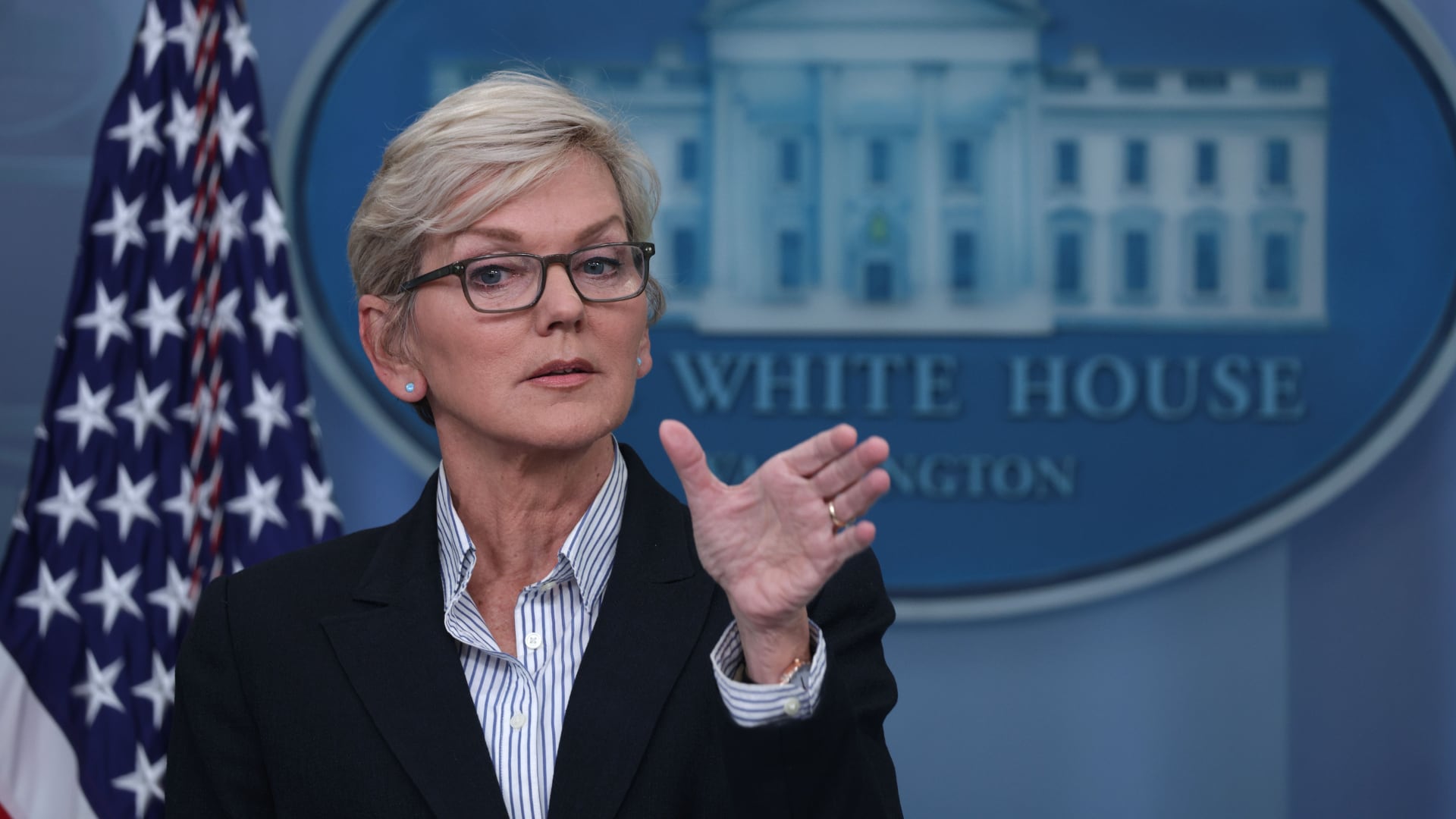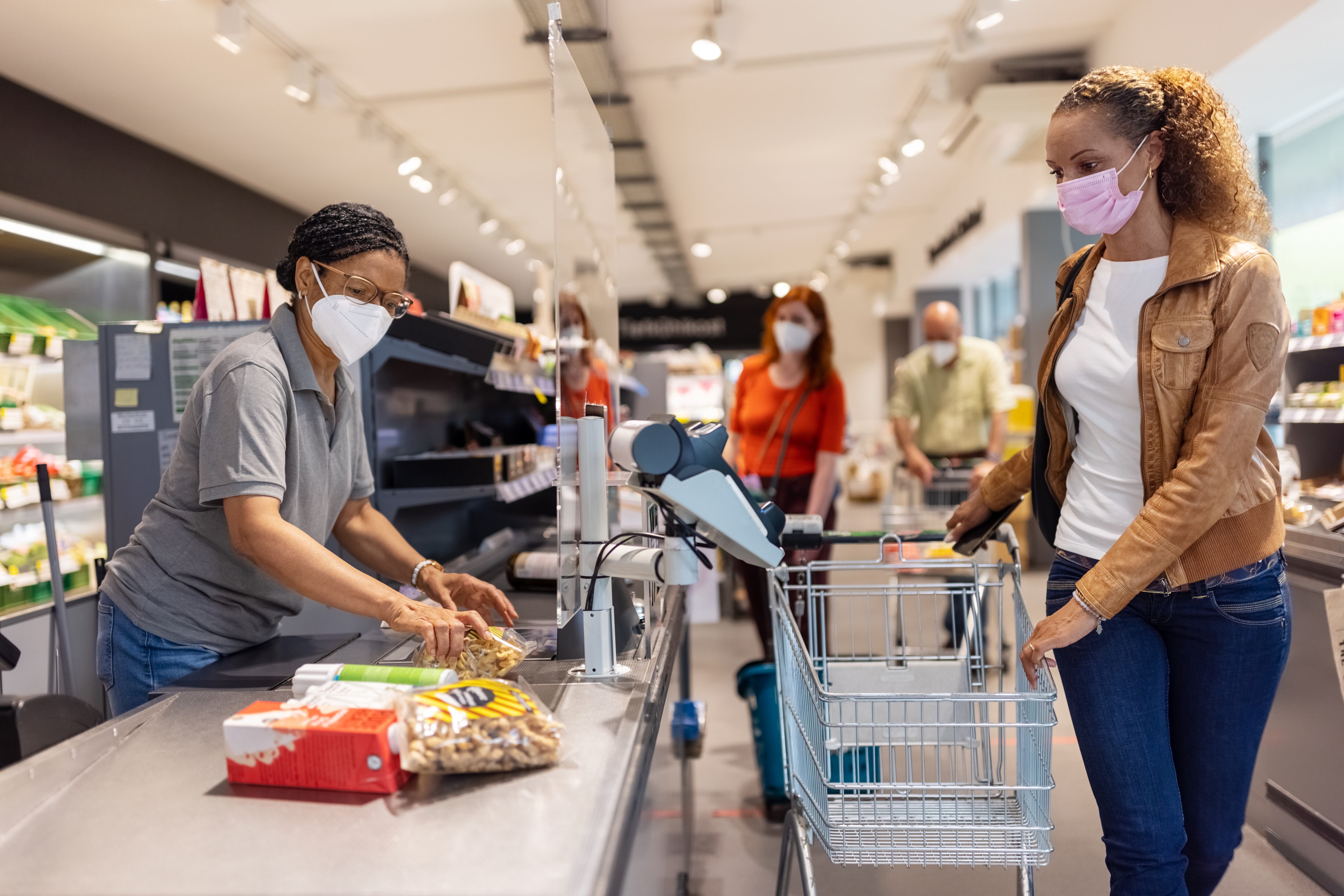By Jonel Aleccia
Food workers who showed up while sick or contagious were linked to about 40% of restaurant food poisoning outbreaks with a known cause between 2017 and 2019, federal health officials said Tuesday.
Norovirus and salmonella, germs that can cause severe illness, were the most common cause of 800 outbreaks, which encompassed 875 restaurants and were reported by 25 state and local health departments.
Investigators with the Centers for Disease Control and Prevention called for better enforcement of “comprehensive food safety policies,” which emphasize basic measures like hand washing and keep sick workers off the job.
Although 85% of restaurants said they had policies restricting staff from working while sick, only about 16% of the policies were detailed enough to require workers to notify managers and to stay home if they had any of the five key symptoms — including vomiting, diarrhea, and sore throat with fever.
About 44% of managers told the CDC their restaurants provided paid sick leave to workers. That’s a problem, according to Mitzi Baum, the chief executive of STOP Foodborne Illness, a nonprofit advocacy group.
She said it means workers are forced to choose between earning money or showing up sick — or there's social pressure not to leave fellow employees short-staffed.
“If there's a positive food safety culture, you're not penalized for illness,” Baum said.
It can be hard for consumers to know when sick workers might be on the job, she said, but there are some signs to look for: “Is your server sniffing? Are they sneezing? How are they handling the utensils?”
About 48 million people a year in the U.S. are sickened by foodborne illness, including 128,000 who are hospitalized and 3,000 who die, according to the CDC.
The Associated Press Health and Science Department receives support from the Howard Hughes Medical Institute’s Science and Educational Media Group. The AP is solely responsible for all content.












